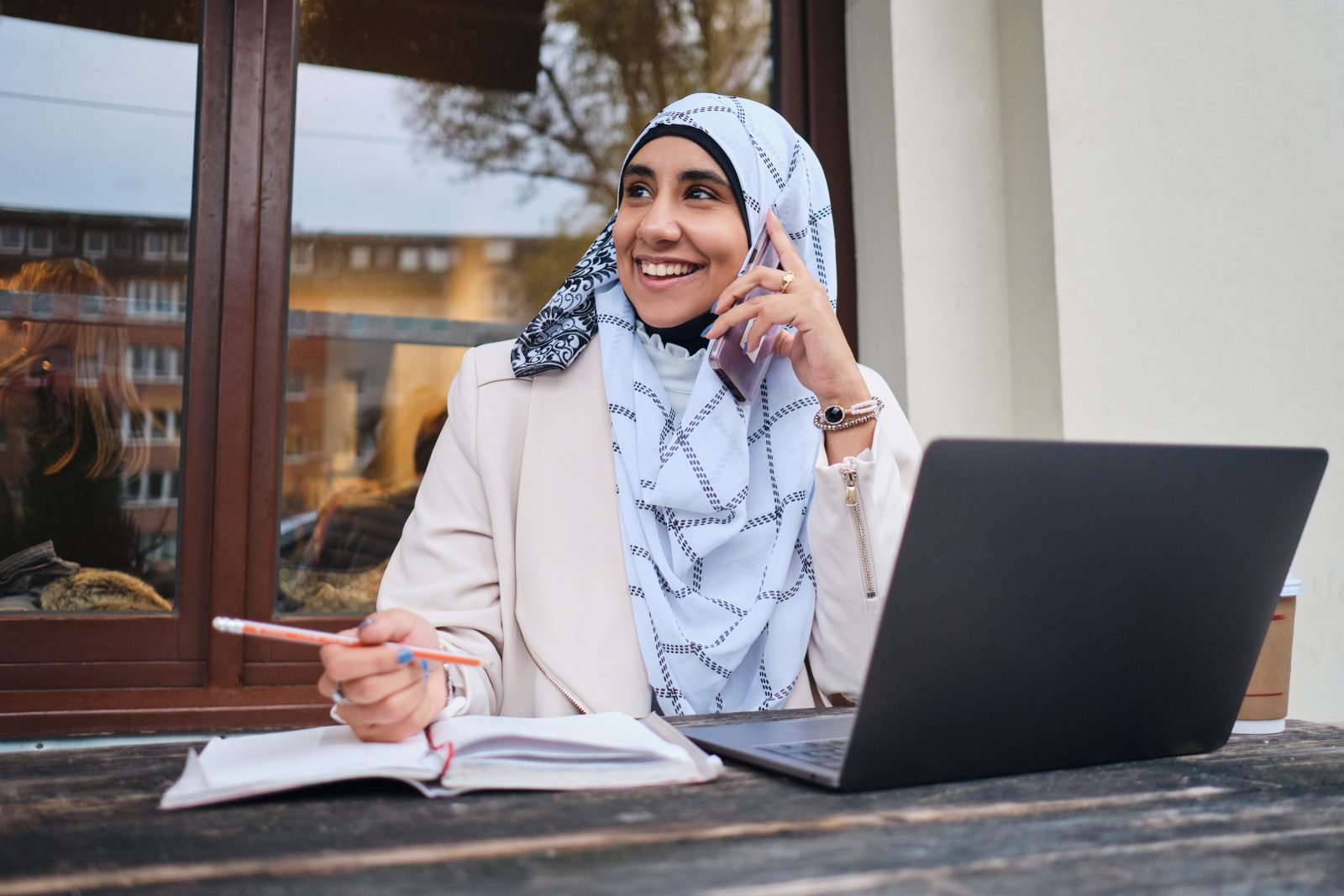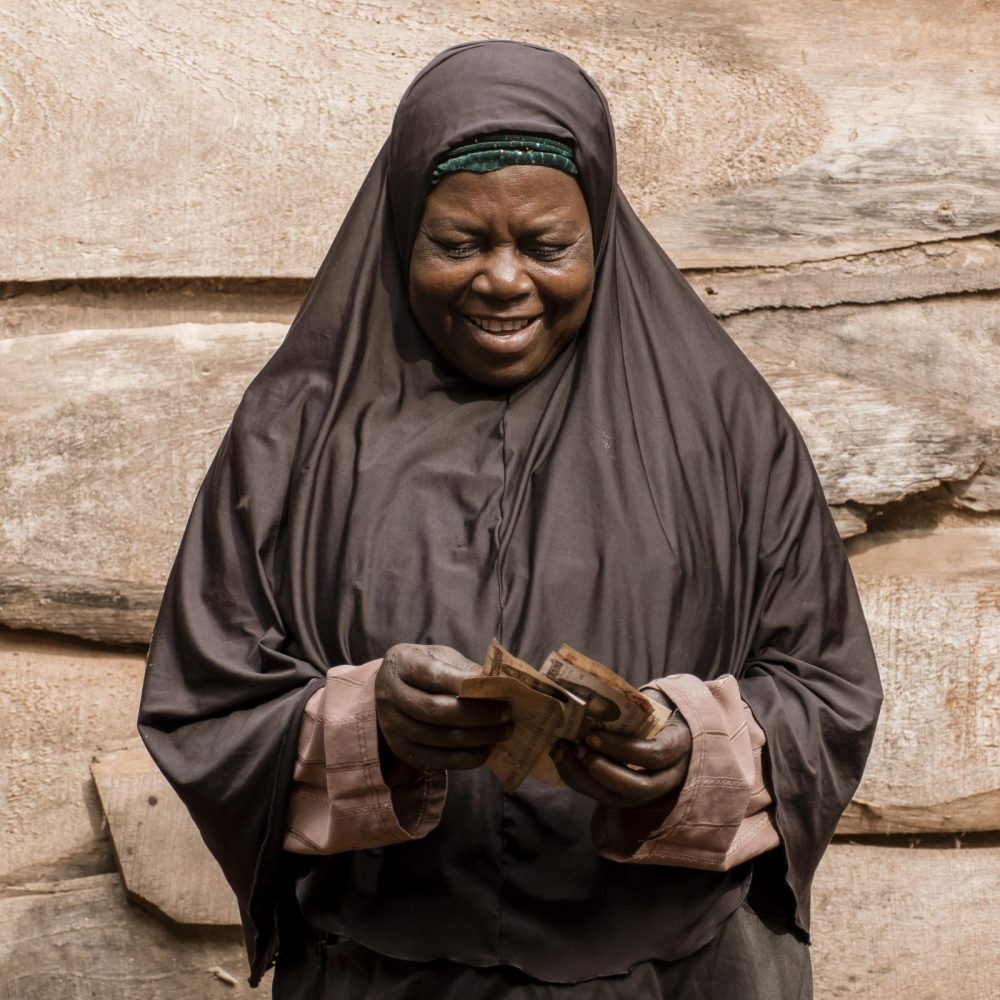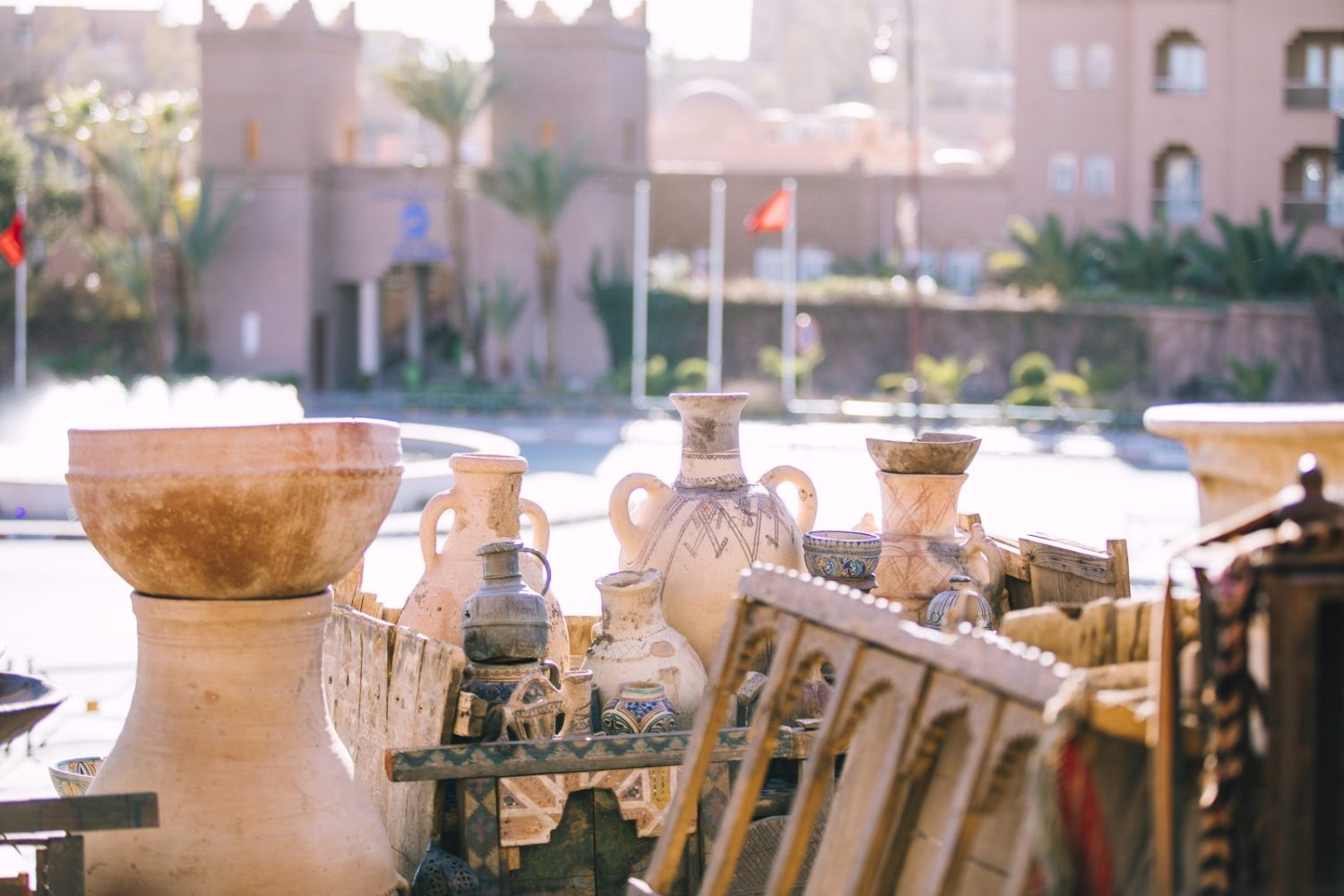Loans disbursed
Of beneficiaries are women
Million raised through Gender Bonds
Of loan recipients were young women aged 18-35
Loans were granted to women in urban areas
Loans granted to women in rural areas
Women in Morocco encounter unique social and economic barriers restricting their formal financial participation. Issues like limited income and a lack of ownership over assets due to traditional inheritance laws and cultural norms that reinforce economic dependency on male counterparts have sidelined many women from opportunities in entrepreneurship. These hurdles and a lack of familiarity with financial services make it challenging for women to secure the capital they need for personal and business growth. Many women, particularly in rural regions, face restricted mobility and limited access to financial resources and information, further distancing them from economic opportunities. These constraints are amplified by the scarcity of female-friendly financial services and education tailored to address their unique needs.


In a groundbreaking step, BCP launched Morocco’s first Gender Bond in partnership with its microfinance subsidiary, Attawfiq Micro-Finance. This initiative raised approximately USD 25 million through a private placement, marking a transformative step in Morocco’s sustainable finance sector and making BCP the first institution in Africa to issue such a bond. Backed by FSD Africa and the Moroccan Capital Market Authority (AMMC), the Gender Bond enabled Attawfiq to provide tailored financial support to women across the country.
Attawfiq’s comprehensive offering included not only microloans but also non-financial services, including financial literacy training, leadership workshops and networking opportunities—ensuring women received both the financial and personal empowerment needed to transform their lives.

The Gender Bond has been transformative for women like Khaddouj and Malika in Morocco. Starting with micro-loans, Khaddouj built a business selling chickens, expanded to sheep and tripled her capital, inspiring other women in her village to pursue entrepreneurship.
Malika, in an urban centre, used her loan to grow her seasonal goods business, breaking barriers in a male-dominated industry with newfound confidence and financial management skills. Through Attawfiq Micro-Finance, the Gender Bond has empowered over 17,000 women to drive change, demonstrating that women across Morocco can not only manage but excel in financial responsibilities, fostering a more inclusive future.
2025 © FSD Africa
Designed and developed by Smith Aegis